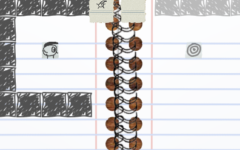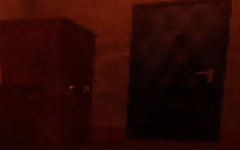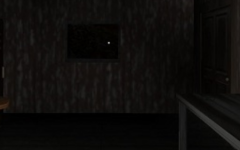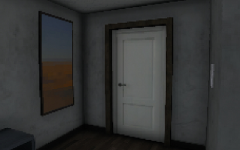Advertisement
Are you Awake?
Advertisement
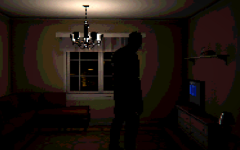
Are you Awake? begins in an apartment that never changes and never sleeps. Gilbert hasn’t closed his eyes in days. The lights stay on, the television flickers, and the only things left to do are fill out forms or move from room to room. There’s no progress to track, no sleep to wait for. You interact with the environment as if hoping it will respond differently, but the repetition builds tension. Each object, each sound starts to feel loaded with meaning. You wonder whether this has happened before—or whether it’s still happening.
Something Is Not Right
Over time, Are you Awake? shifts its tone without clear triggers. You pass through the same spaces, but they don’t behave the way they did before. A figure appears where no one should be. The TV plays a signal you didn’t choose. Lights flicker in patterns that don’t feel random. There’s no clear threat, but you feel watched. Nothing announces itself, yet everything seems connected. The apartment becomes a closed loop of quiet observation, where the longer you remain, the more uncertain you become of what is real.
Perception Without Sleep
Instead of direct scares, Are you Awake? builds unease through limitation. The setting stays the same, but your perception shifts. The mechanics are simple—movement, interaction, observation—but their repetition forms a kind of trap. You begin to question Gilbert’s memories, then your own. The experience is short, but not forgettable. Even after the screen fades, the idea remains: if you never sleep, at what point does the world you see stop being yours?






















































































































